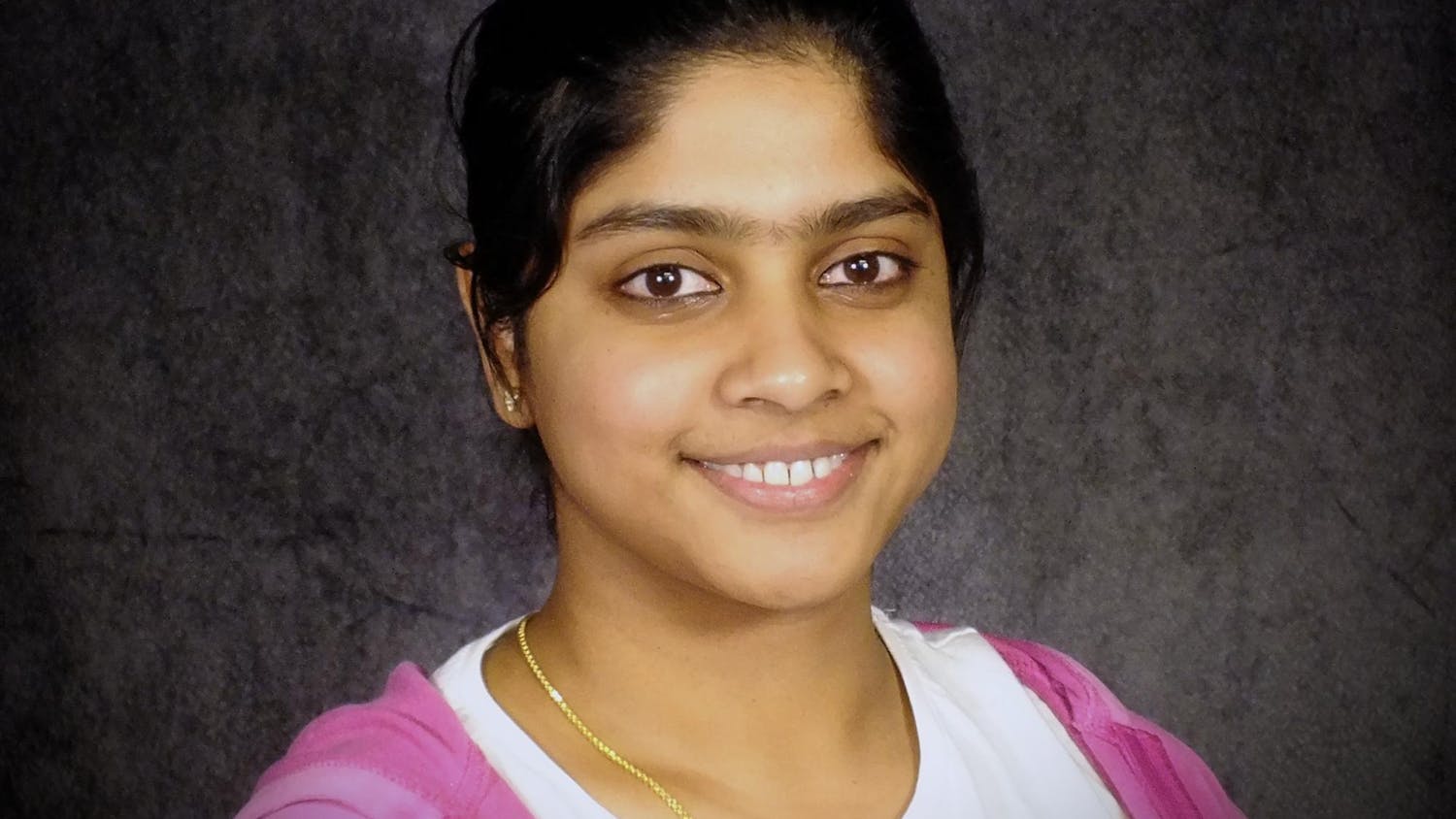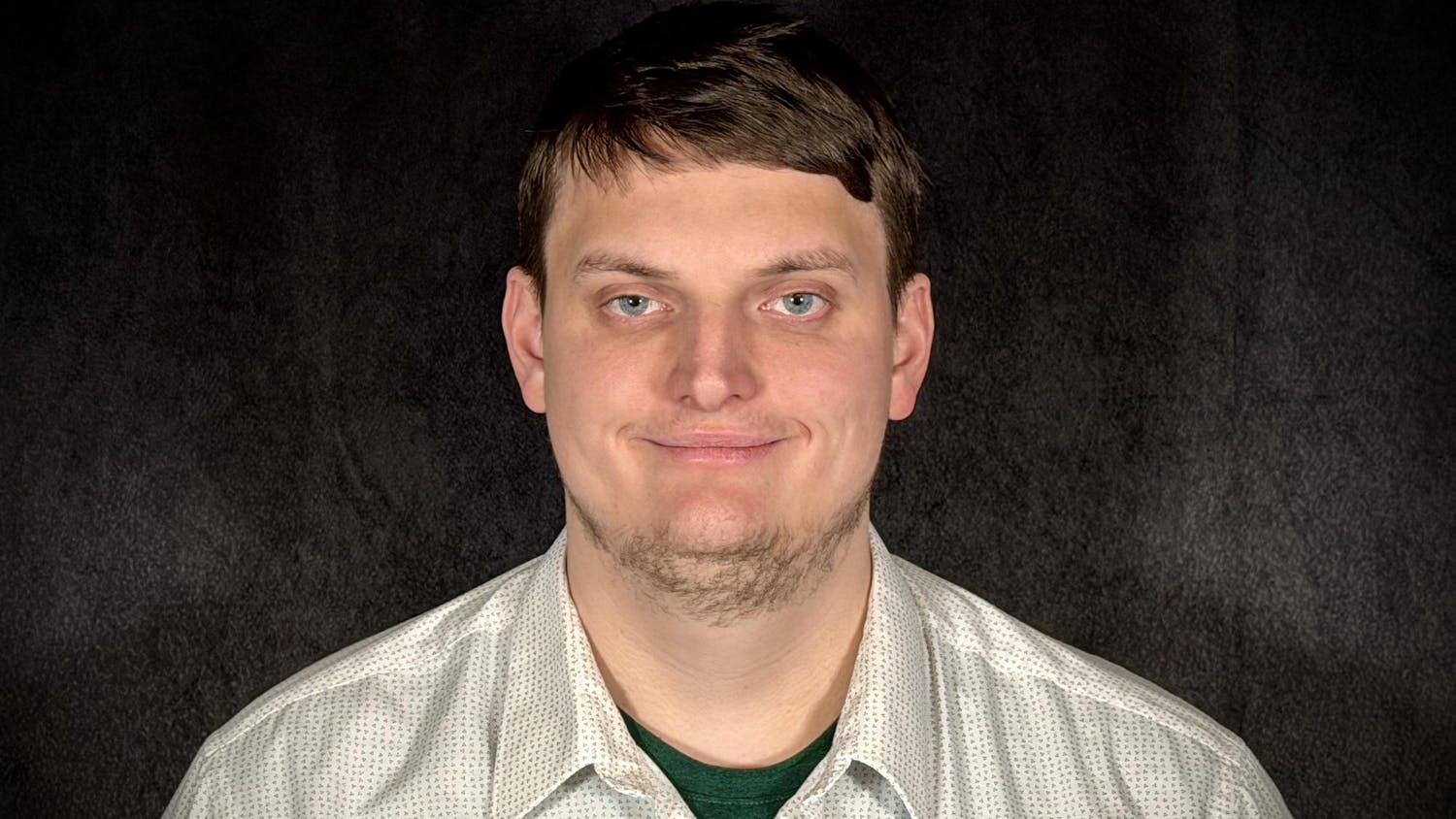On March 19, the doors opened at the Student Success Center for Project Blackbird, an event dedicated to mental health advocacy. The night featured a screening of the short film Blackbird, a panel discussion, and a mental health resource fair. The event aimed to spark conversations about mental well-being, providing attendees with insights from experts and access to valuable support services.
The event
The event started with a screening of the short film “Blackbird”. Blackbird is a short film about the friendship between two girls in a mental health facility for eating disorders. It is an autobiographical film based on the lives of Alexandra Miles and her friend Kendra Williams. Miles and Williams were in attendance at the panel and spoke about the importance of the short film Blackbird.
“When I created the film I wanted to make it as authentic as possible,” Miles said. “This is how these facilities are run, and this is genuinely what mental health looks like.”
Project Blackbird aims to end the stigma surrounding mental health. Their motto, #shedtheshame, is intended to bring awareness to the shame that often comes when mental health is talked about. Throughout the event, the common theme surrounding mental health is that it was okay to talk about mental health.
In today's society, that is not necessarily a sentiment that is agreed upon, but in Project Blackbird the panelist made it their mission to discuss all aspects of mental health and provide services to those who need it.
“This program is a reminder to be your true self,” Miles said.
The panel
Besides Williams and Miles, the panel of experts also included Alicia Donely, who is a former female college athlete for the University of Dayton, Doctor Troy Baker who is a psychology professor at Wright State as well as a working psychologist and lastly Anthony Munoz, who is a former Cincinnati Bengals player and NFL Hall of Fame recipient.
There were several topics discussed through the entire 1-hour panel period. One of the things that was talked about frequently is eating disorders and how they relate to athletes.
“Never did I have to think about eating until I got to college,” Donely admitted. “There's an immense amount of pressure put on college athletes on top of normal college responsibilities and that can take you to some really dark places.”
During this discussion, Munoz added that regardless of his health or weight now athletes will always be afraid of the scale because they either have to be bigger than what they need to be or smaller than what they are.
Stigma was talked about throughout the entire event. Williams talked about her struggles with speaking out and how she still has dark days.
“Even though I am an advocate, I do all this work and have unpacked my own mental health. This is still not something my family understands to this day and I know I'm not the only one,” Williams said. “It's okay to have bad days. I still have them, but this entire thing is about raising awareness and helping people who are in crisis.”
Baker added his professional experience to the conversation when discussing the importance of telling when someone is in crisis.
“When you are in that headspace it is really hard for you to see that anything is wrong. I will have people coming into my office expecting me to criticize them and tell them what's wrong,” Baker explained. “Then they will be upset that I won't. And that's when we have to unpack why they want to be criticized and why they want to them to tell them what's wrong with them.”
At the end of the panel, a journal exercise was done which allowed students to unpack why they do some of the things they do regarding mental health. additionally, it was announced that everybody who was in attendance got a free year of therapy with the project's sponsor TalkSpace.

Why does mental health matter?
One of the main themes throughout the night was exploring why mental health is important. Barbra Marsh, Director of Wright State University Counseling and Wellness described the need for mental health help more than ever.
“There has been a significant increase in mental health issues after COVID,” Marsh explained. “This event is important because it allows the community to have a dialogue when it comes to mental health.”
WSU as a campus has been pushing to improve its mental health services. Not only do they offer counseling at the Counseling and Wellness Center for as little as free and as expensive as $20 a session, but they also have the Raider Cares line and other mental health resources on campus to connect with. Over the years, the creation of things like the health and wellness task force and Raider Cares has made WSU a friendlier campus for people with mental health issues.
“We think that Project Blackbird is important on our campus because it helps promote the conversation around Mental Health,” Marsh said. “They have been amazing to work with and we are really excited [about] all the resources they're bringing on to our campus for the event.”
Some of the resources that were brought on for the Resource Fair include Dayton Children's, Montgomery County Health, NAMI, The Emily Project, Families of Addiction, Charlie Health, Premier Health, Kettering Health and WSU Counseling and Wellness.
All of these organizations came together to promote mental health.
“Advocacy is important,” Cassidy of The Emily Foundation said, “This event is important because it provides resources to college-age kids, which often face the most stigma with mental health.”
Advocacy
The word of the day was advocacy. It was thrown around by almost everybody who was in attendance. Panelist, former Cincinnati Bengal and current NFL Hall of Famer Anthony Munoz spoke about the importance of advocacy.
“Everyone has been affected by mental health,” Munoz explained. “I am 66 years old and I feel great, I just got a new knee and have been able to go full out on all my exercises. If I can do all that at my age I can educate.”
Munoz is head of the Anthony Munoz Foundation located in the Cincinnati area. Started in 2002, the foundation was created to support kids mentally, physically and spiritually. Through scholarship, recognition programs and other mentorship at the K-12 level, Munoz is able to help at-risk youth get to college and be successful in life. Munoz boasts about the hands-on approach he has with his foundation.
“My favorite part of the program is how hands-on I am. I like helping these kids,” Munoz said.
Additionally, Munoz is currently working with the NFL to try and reduce harm to brain trauma of their players following the suicide of former player Junior Saeu. Following Saeu’s death, it was found that he had a degenerative brain disease called CTE that was caused due to multiple head injuries and brain trauma while playing with the NFL.
“It's one of those things that sneak up on you. I play golf with some of these Pro Hall of Famers that are in their 90s that are as sharp as a whip. But it's one of those things that deteriorates your brain so fast you don't know.” Munoz said on the topic. “I'm healthy right now, but God forbid something like that could happen to me. There needs to be more awareness about this issue and that's what I'm trying to work for.”
Whether it is traumatic injuries, suicide prevention, eating disorders or other mental health issues, the facts remain the same: this event was a huge success and shed light on mental health issues as well as gave students the resources they need to thrive in society.
“Therapy doesn’t have to be for crisis,” said Miles. “My hope with Project Blackbird is for those to see therapy differently, like a tool so they don't have to be in crisis."









